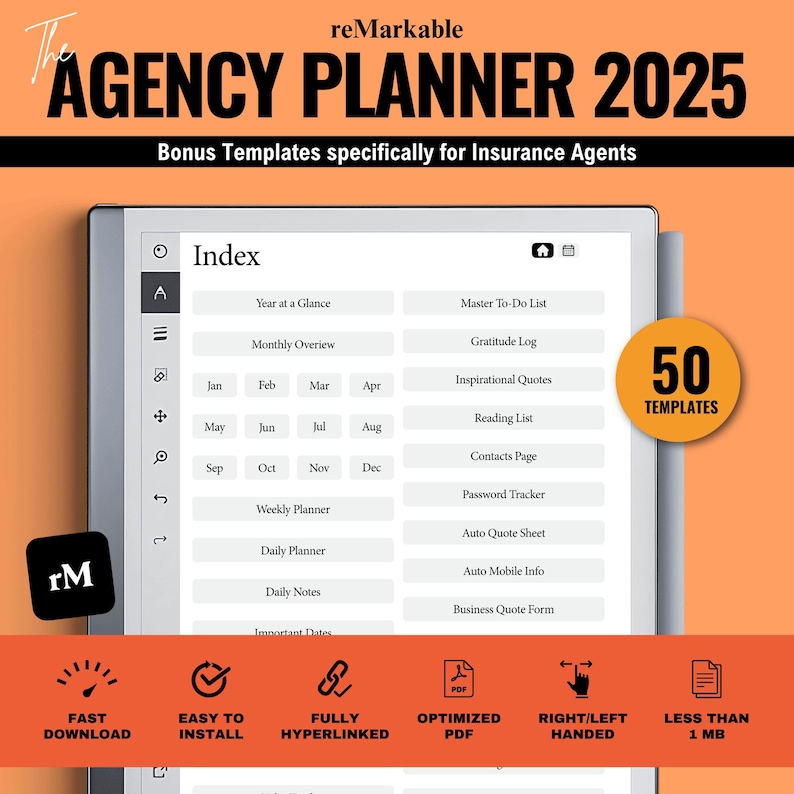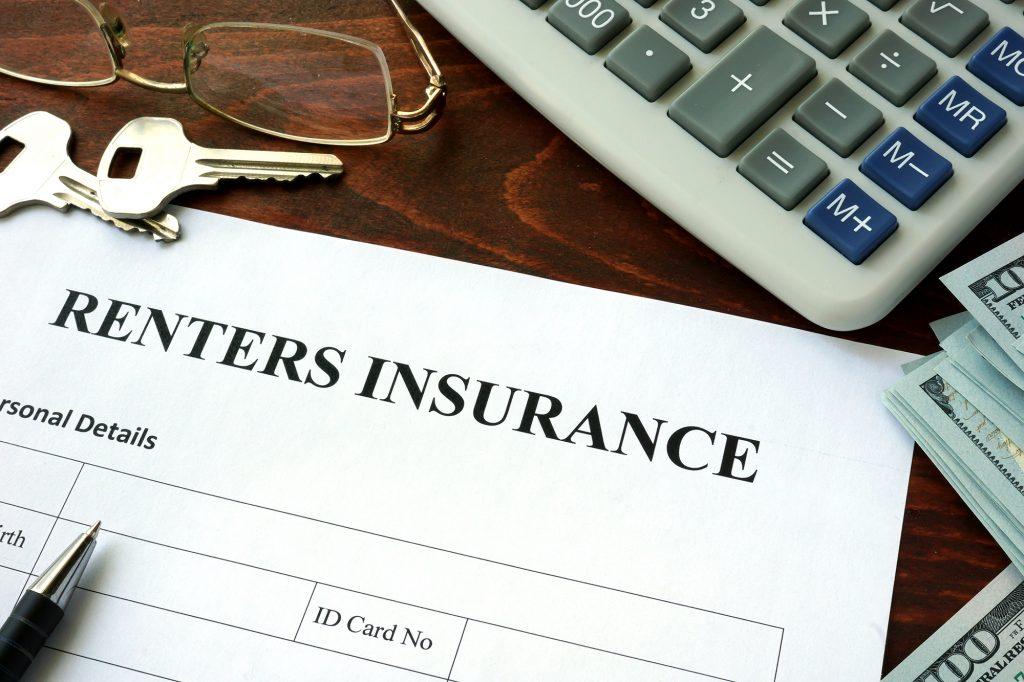Renting a new place comes with a lot of questions—one of the biggest being, “Do I really need renters insurance?” If you’re a renter wondering whether your landlord can require you to have this policy, you’re not alone. It’s a topic that often confuses both tenants and landlords alike. In this post, we’ll break down what renters insurance is, why landlords might ask for it, and what that means for you. Whether you’re signing a new lease or just curious about your rights, here’s what you should know about landlords and renters insurance.
Table of Contents
- Understanding Why Landlords Might Ask for Renters Insurance
- What Renters Insurance Covers and Why It Matters to You
- How to Choose the Right Renters Insurance Policy
- Tips for Discussing Renters Insurance Requirements with Your Landlord
- In Retrospect
Understanding Why Landlords Might Ask for Renters Insurance
When landlords request renters insurance, their primary concern is managing risk. While it might feel like just another expense, this requirement actually benefits both parties. For landlords, renters insurance helps protect their property from potential financial losses due to tenant-caused damage or liability claims. Imagine a scenario where a tenant accidentally starts a fire or floods the apartment—without insurance, the landlord could be stuck covering costly repairs or legal fees. By ensuring tenants have coverage, landlords minimize their financial exposure and create a safer rental environment overall.
From the tenant’s side, this requirement brings peace of mind. Renters insurance doesn’t just protect your landlord’s interests—it also safeguards your personal belongings from theft, fire, or other unforeseen events. Plus, it often provides liability coverage if someone gets injured while visiting your rental. Many landlords include renters insurance as part of the lease to ensure:
- Reduced conflicts over property damage responsibility
- Faster resolution of claims and repairs
- Clear expectations regarding financial responsibilities
In essence, this insurance acts as a safety net, designed to protect everyone involved in the rental agreement.
What Renters Insurance Covers and Why It Matters to You
Renters insurance is designed to protect you from unexpected events that can disrupt your daily life or cause financial strain. It typically covers your personal belongings from theft, fire, or water damage, meaning that if your laptop, furniture, or clothes get damaged or stolen, your policy can help you replace them. Additionally, many renters insurance plans include liability coverage, which safeguards you if someone is injured while visiting your rental, potentially covering medical bills or legal fees. This type of protection is particularly valuable because, unlike the landlord’s property insurance, renters insurance specifically focuses on your possessions and personal risks.
Besides covering your belongings, renters insurance may also offer additional living expenses coverage if your rental unit becomes uninhabitable due to an insured disaster. This means you won’t be stuck paying out-of-pocket for hotel stays or temporary housing while repairs are underway. Understanding these benefits can clarify why a landlord might require renters insurance—it’s a way to ensure tenants are protected and that disputes over damages are minimized, giving everyone peace of mind. In essence, it’s a smart safeguard that helps you avoid costly surprises and supports your financial security.
- Personal property protection: Covers belongings against theft, fire, and more.
- Liability coverage: Protects you if someone is injured on your rental property.
- Additional living expenses: Helps with costs if your home is temporarily unlivable.
How to Choose the Right Renters Insurance Policy
Selecting the ideal renters insurance policy means understanding your unique needs and coverage options. Start by assessing the value of your personal belongings and determining how much protection you require for replacement costs. Look for policies that cover common risks such as theft, fire, and water damage, but also check for additional benefits like liability protection, which can safeguard you if someone is injured in your rental. Remember, not all policies are created equal, so reading the fine print and asking questions about coverage limits and exclusions is essential.
When comparing policies, consider these key factors to make an informed choice:
- Premium costs: Balance affordable monthly payments with comprehensive coverage.
- Deductibles: Understand how much you’ll pay out-of-pocket before insurance kicks in.
- Replacement vs. actual cash value: Decide if you want to be reimbursed for the item’s current value or the cost of buying new.
- Additional riders: Protect high-value items like jewelry or electronics that standard policies may not fully cover.
Choosing the right policy means being proactive—think beyond the landlord’s requirements, and protect yourself and your belongings with confidence.
Tips for Discussing Renters Insurance Requirements with Your Landlord
When approaching your landlord about renters insurance requirements, open communication is key. Start by expressing your willingness to comply and ask for clarification on what the policy must cover. This not only shows your responsible attitude but also helps you understand the minimum coverage needed, whether it’s liability, personal property, or additional living expenses. Don’t hesitate to request written details or sample policy requirements—having clear documentation prevents misunderstandings down the line.
Keep in mind that discussing renters insurance can also be an opportunity to explore discounts or group insurance plans that your landlord might offer or recommend. When bringing up the subject, consider pointing out the mutual benefits: protection for your belongings and reduced liability risk for your landlord. It’s helpful to prepare a list of questions beforehand, such as:
- What specific coverage limits are required?
- Are there preferred insurance providers?
- Is proof of insurance required before moving in or at lease renewal?
- What happens if insurance lapses?
Being proactive and informed will make the conversation smoother and show your commitment to maintaining a positive tenant-landlord relationship.
In Retrospect
Wrapping things up, while landlords may have the right to require renters insurance, it’s ultimately a smart move for tenants too. Not only does it offer peace of mind by protecting your personal belongings, but it can also help cover liabilities that might otherwise come out of your pocket. Before signing that lease, make sure to check if renters insurance is on the checklist—and if it is, don’t stress! There are plenty of affordable options out there designed to fit your needs. Stay informed, stay protected, and happy renting!






